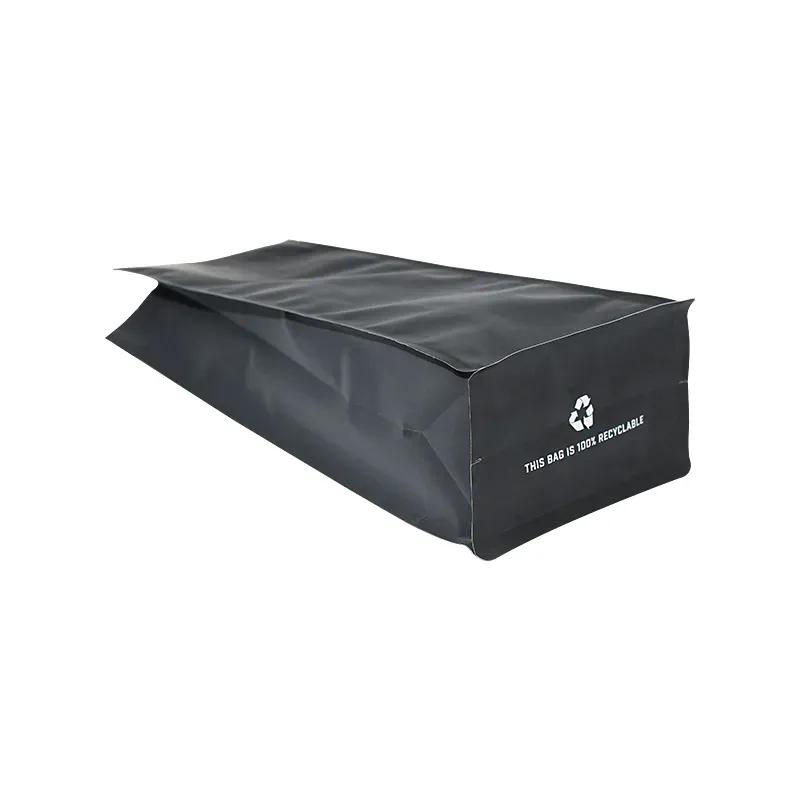- Afrikaans
- Albanian
- Amharic
- Arabic
- Armenian
- Azerbaijani
- Basque
- Belarusian
- Bengali
- Bosnian
- Bulgarian
- Catalan
- Cebuano
- chinese_simplified
- chinese_traditional
- Corsican
- Croatian
- Czech
- Danish
- Dutch
- English
- Esperanto
- Estonian
- Finnish
- French
- Frisian
- Galician
- Georgian
- German
- Greek
- Gujarati
- haitian_creole
- hausa
- hawaiian
- Hebrew
- Hindi
- Miao
- Hungarian
- Icelandic
- igbo
- Indonesian
- irish
- Italian
- Japanese
- Javanese
- Kannada
- kazakh
- Khmer
- Rwandese
- Korean
- Kurdish
- Kyrgyz
- Lao
- Latin
- Latvian
- Lithuanian
- Luxembourgish
- Macedonian
- Malgashi
- Malay
- Malayalam
- Maltese
- Maori
- Marathi
- Mongolian
- Myanmar
- Nepali
- Norwegian
- Norwegian
- Occitan
- Pashto
- Persian
- Polish
- Portuguese
- Punjabi
- Romanian
- Russian
- Samoan
- scottish-gaelic
- Serbian
- Sesotho
- Shona
- Sindhi
- Sinhala
- Slovak
- Slovenian
- Somali
- Spanish
- Sundanese
- Swahili
- Swedish
- Tagalog
- Tajik
- Tamil
- Tatar
- Telugu
- Thai
- Turkish
- Turkmen
- Ukrainian
- Urdu
- Uighur
- Uzbek
- Vietnamese
- Welsh
- Bantu
- Yiddish
- Yoruba
- Zulu
Understanding the Functions and Uses of Desiccant Silica Gel in Various Applications
The Purpose of Desiccant Silica Gel An Essential Moisture Control Solution
Desiccant silica gel is a widely used moisture-absorbing substance that has proven to be essential in various industries and applications. Known for its ability to keep products dry and free from humidity, silica gel plays a crucial role in preserving the quality and longevity of a range of goods, from food to pharmaceuticals, electronics to clothing. This article explores the purpose of desiccant silica gel, its properties, benefits, and applications.
What is Silica Gel?
Silica gel is a form of silicon dioxide, a naturally occurring mineral. The gel is produced by drying a sodium silicate solution, resulting in a porous and granular material. Its structure allows it to absorb moisture from the surrounding environment, making it an effective desiccant. Despite its name, silica gel is not a gel in the traditional sense but rather consists of small beads or granules, usually transparent or translucent.
Key Properties of Silica Gel
One of the primary reasons for the widespread use of silica gel as a desiccant is its remarkable hygroscopic properties. Silica gel can absorb up to 40% of its weight in moisture without changing its physical structure. This capability is particularly beneficial in environments where humidity levels are high. Moreover, silica gel is chemically inert, non-toxic, and can withstand a wide range of temperatures, making it suitable for multiple applications.
The Purpose of Desiccant Silica Gel
1. Moisture Control The most important purpose of silica gel is to control moisture levels in various products. Excess moisture can lead to mold growth, rust, spoilage, and degradation of materials. By absorbing moisture, silica gel helps maintain product integrity and extends shelf life.
2. Preservation of Goods In the food industry, silica gel is often used to keep dried foods, spices, and herbs free from moisture, preventing clumping and spoilage. In pharmaceuticals, it protects sensitive medications from humidity, ensuring their efficacy.
desiccant silica gel purpose

3. Electronics Protection Silica gel is commonly employed in packaging electronics and electrical components. Humidity can cause corrosion or damage to sensitive electronics, so including silica gel packets in packaging prevents moisture accumulation and enhances product reliability.
4. Textile and Leather Storage Clothes, shoes, and leather products are vulnerable to mildew and mold when stored in damp conditions. Silica gel helps to keep these materials dry, preserving their appearance and functionality.
5. Chemical Stability In laboratories and research, silica gel is used to maintain the stability of chemical compounds. It prevents moisture-related reactions that could alter the properties of sensitive chemicals.
Benefits of Silica Gel
- Cost-Effective Silica gel is an inexpensive solution for moisture control, making it accessible for businesses of all sizes. - Reusable Silica gel can often be regenerated by drying it out in an oven, allowing for repeated use, which adds to its cost-effectiveness.
- Environmentally Friendly Being derived from natural materials, silica gel is environmentally safe. It does not release harmful chemicals into the environment and can be disposed of easily.
- Wide Availability Silica gel is readily available and often found in small packets commonly included in the packaging of various products, highlighting its ubiquitous presence.
Conclusion
Desiccant silica gel is a small yet powerful tool in moisture control and preservation. Its ability to effectively absorb moisture and maintain an optimal environment for a diverse array of products makes it invaluable across various industries. From protecting electronic devices to extending the shelf life of food items, the applications of silica gel are numerous and far-reaching. As industries continue to grow and evolve, the importance of silica gel in ensuring product quality and longevity cannot be overstated. By investing in moisture control solutions like silica gel, businesses and consumers alike can rest assured that they are safeguarding their products against the detrimental effects of humidity.













